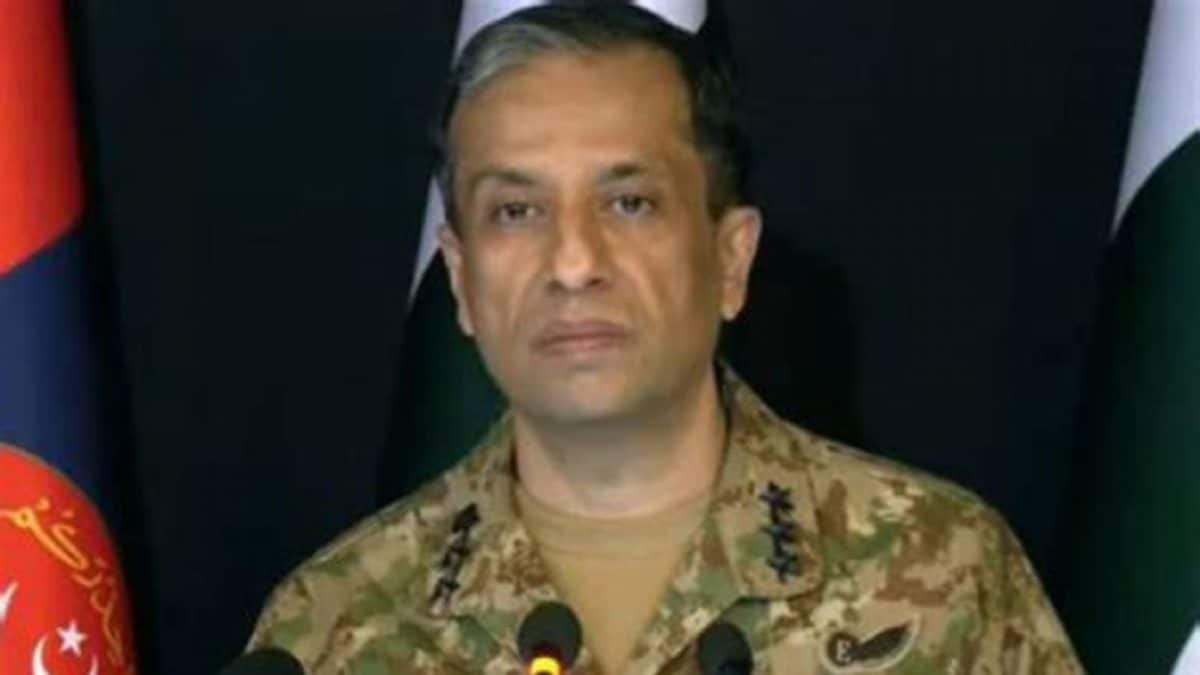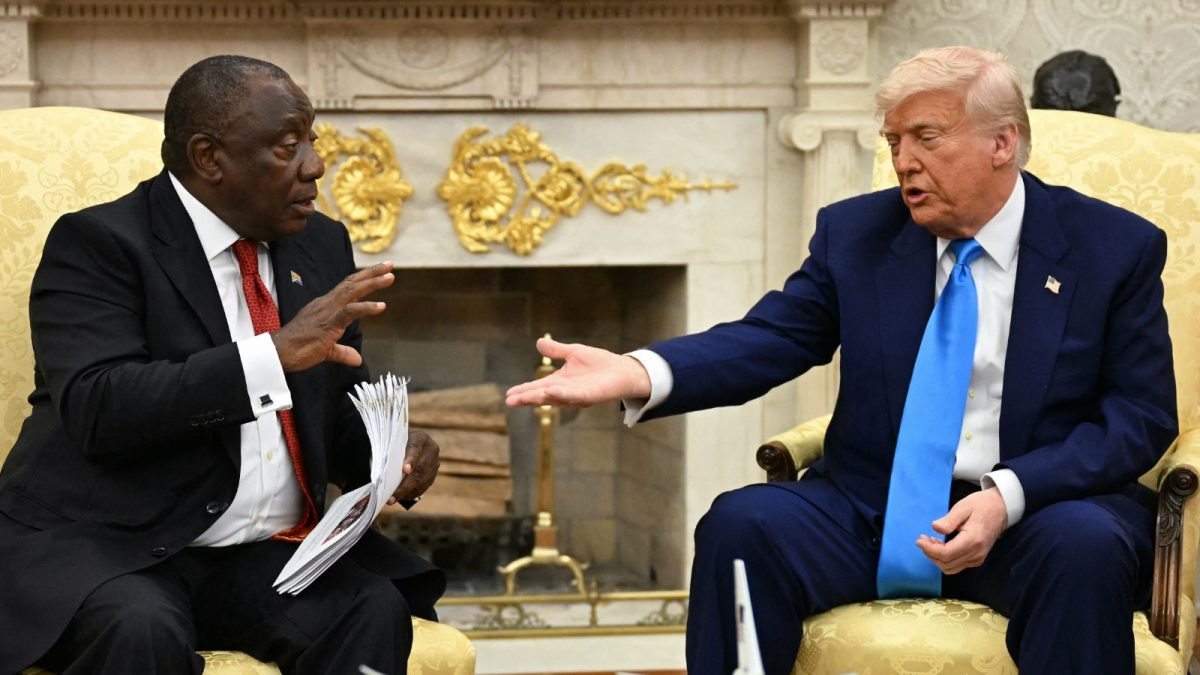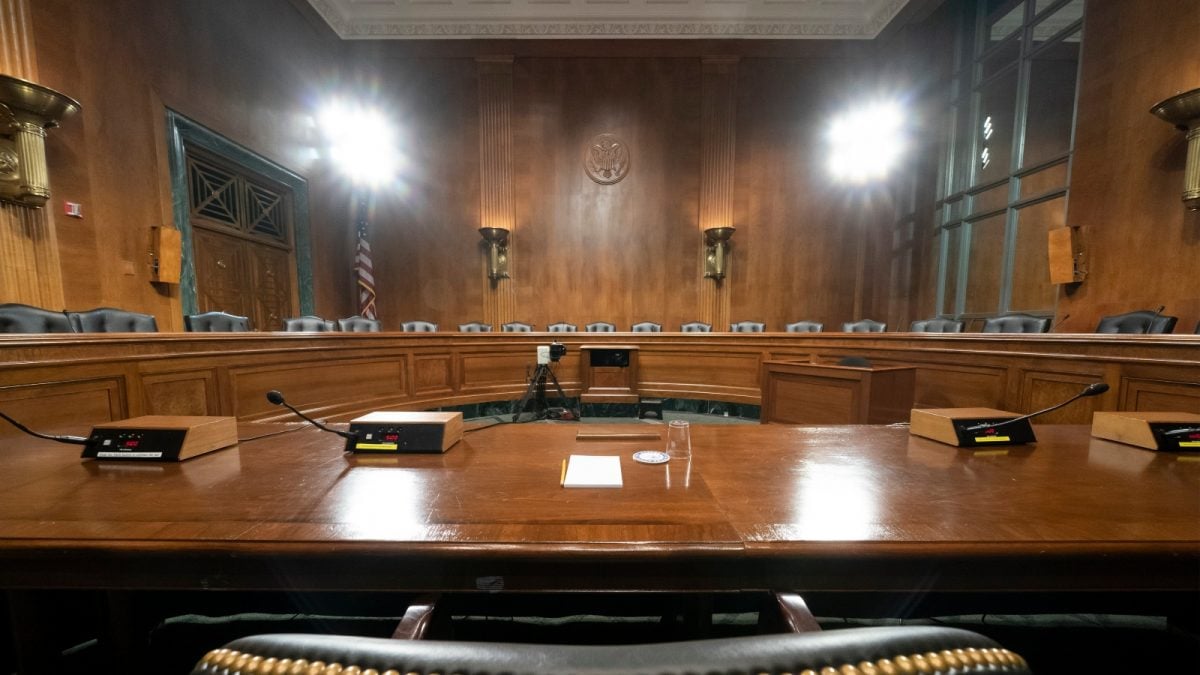Last Updated:May 22, 2025, 18:38 IST
China’s open backing of Pakistan is costing it on every front — defence credibility, diplomatic standing, and financial stability

Pakistan PM Shehbaz Sharif with Chinese President Xi Jinping. (Reuters/File)
China’s overt support for Pakistan amid its conflict with India is turning into a high-stakes gamble, top intelligence sources have told CNN-News18. Internally strained by a deflation-hit economy, weak consumer demand, and a deepening property crisis, Beijing is under growing pressure to prioritise domestic stability over risky military entanglements.
Yet, its backing of Islamabad—diplomatically at the UN and through military assistance—is beginning to unravel, with serious consequences for its global ambitions.
Following the Pahalgam terror attack, India launched precision strikes under Operation Sindoor, triggering a sharp military escalation. In response, Pakistan deployed Chinese-supplied weapon systems to defend its strategic assets—but their performance exposed serious shortcomings. The PL-15 air-to-air missiles missed their targets, and the HQ-9 air defence systems failed to intercept Indian strikes.
These failures have dented China’s credibility in the international arms market, delivering a blow to its hopes of entering the Tier 1 league of global defence exporters.
Markets responded sharply. Defence stocks such as AVIC Chengdu fell by 9 per cent. Potential buyers in Africa, Southeast Asia, and the Middle East are reportedly re-evaluating purchases. Myanmar has grounded its Chinese-supplied JF-17 jets, and Nigeria continues to face major maintenance issues with F-7 fighters.
Intelligence sources highlight that China currently operates 267 satellites, with 115 focused on surveillance, including tracking Indian military movements. Any expansion of this network to cover Pakistan-linked operations would dilute China’s focus on critical US naval movements in the Pacific.
Strategically, Beijing’s primary concerns lie with asserting control over Taiwan and securing maritime claims in the South China Sea. An Indo-Pakistan conflict risks dragging Beijing into a broader regional crisis that could invite US or ASEAN-led countermeasures in contested waterways.
India, meanwhile, holds levers it has not yet activated. If Beijing continues to intervene in India’s internal matters or refuses to condemn cross-border terrorism, New Delhi could step up support for Tibetan and Uighur activist networks—placing further pressure on Beijing.
Economically, sustaining the China-Pakistan Economic Corridor (CPEC)—already a $62 billion investment—has become a major drain. With Pakistan’s economic collapse and ongoing Baloch insurgency targeting CPEC infrastructure, extending military aid to Islamabad would only deepen China’s financial woes.
Despite deploying over 50,000 troops along the LAC and pouring billions into Himalayan infrastructure, China is also pushing ahead with a parallel priority—naval modernisation for operations around Taiwan and the South China Sea. A flare-up in South Asia would overstretch these already split resources.
Pakistan’s growing dependence on Chinese weaponry and satellite-based military support also poses a reputational risk for Beijing. Any implication in terror-linked operations may open China up to potential sanctions and further diplomatic isolation.
Most significantly, China’s refusal to condemn Pakistan-backed terrorism and its posturing at global platforms is pushing India closer to US-led alliances like the Quad—disturbing Beijing’s long-standing objective of keeping New Delhi neutral in the larger East-West power rivalry.
Location : First Published:News world China’s Costly Mistake: How Supporting Pakistan Is Weakening Beijing On All Fronts | Exclusive

 5 hours ago
5 hours ago















